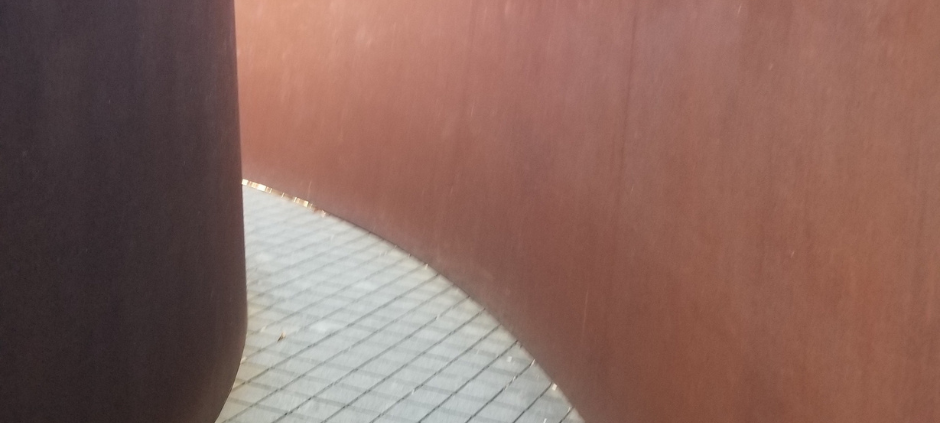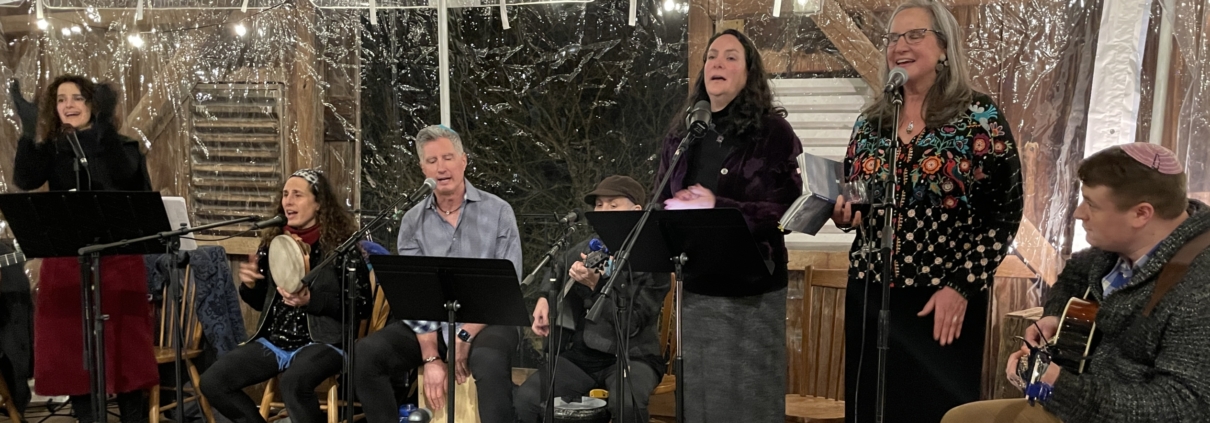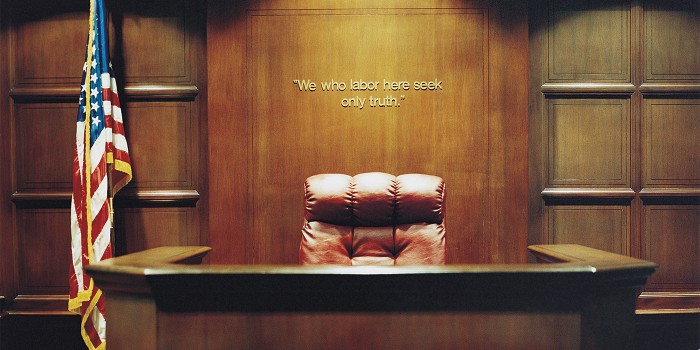Aaron’s eldest sons, Nadav and Abihu, met a fiery fate. As with reports of many deaths, the event shocks us. How could the two oldest sons of the High Priest be consumed so suddenly? The answer might have some importance to us in a time of climate change.
Their death seems inexplicable, but rabbis nonetheless have offered their views. Some say they were inebriated. Others say that they added a ritual not commanded by God, involving strange fire.
For context, I scrolled back by one verse in the Torah. At this point in Leviticus, the Tabernacle was built and the altar for sacrifices was finished. The priests organized the rituals for setting up the altar. Then, a heavenly fire descends. The Bible calls it a “fire from before God.” Next sentence. “And all the people saw, and shouted, and fell on their faces.”
“The two sons of Aaron, Nadav and Abihu, each took his fire pan, put fire in it, and laid incense on it and offered it before God, a strange fire . . .” Ergo the zap.
Do you see what I see? The people were so awestruck by the fire from before God that when they saw it, they shouted and covered themselves by falling to the ground. Their actions demonstrate a mixture of fear and reverence. Aaron’s sons, on the other hand, took a bit of the same fire, to burn some incense. These are two very different reactions to the heavenly conflagration that appeared before the people.
Frankly, I’m reminded of every sci-fi disaster movie where a few people stay to watch Godzilla approach, or aliens descend, rather than running away. These rubberneckers are the first to get zapped.
Rather than shelter in place like the rest of the people, Nadav and Abihu want to join in the holy spectacle. They have the temerity, the hubris, and the chutzpah to receive the holy flame by saying, great, let’s start a bar-b-cue.
Torah offers a great lesson for our times. Events, both natural and supernatural, with destructive forces, are ever present in our world. Whether lightning, earthquakes, floods, tsunamis, or windstorms, sudden threats to our safety abound. Our first response must be to be awed by this phenomenon so that we seek safety for ourselves and others. Our second reaction to these phenomena should be to appreciate their awesomeness. We should not discount the power of nature or be complacent in our response.
Nadav and Abihu did not respect the destructive power of nature. Perhaps then this bible passage is a cautionary tale for those who fail to offer the proper response to environmental disasters. The first step is to protect lives. The second is to learn the lesson that we must sustain preparedness and awe for the phenomena to come. Third, as God’s partners in sustaining this world, our holy task is to preserve life by saving this planet from destruction.
Rabbi Evan Krame











 Evan J. Krame was ordained as a rabbi by the
Evan J. Krame was ordained as a rabbi by the